7 GPTs for Emergency Medicine Powered by AI for Free of 2026
AI GPTs for Emergency Medicine are advanced artificial intelligence models specifically designed to assist in the emergency medicine field. These tools leverage Generative Pre-trained Transformers (GPTs) technology to provide tailored solutions for a wide range of tasks, from diagnostics support to patient management and treatment advice. By processing vast amounts of medical data and learning from emergency medicine contexts, AI GPTs offer real-time, data-driven insights to improve patient care and operational efficiency.
Top 7 GPTs for Emergency Medicine are: Uniqcret Doctor of Medicine AI,MediTox Advisor,Robomedic,Chart MD,Medic Rush: Comprehensive Game Development,优云康急诊内科机器人,🚑 ER OverWatch Specialist 🩺
Uniqcret Doctor of Medicine AI
Empowering Future Medicine with AI
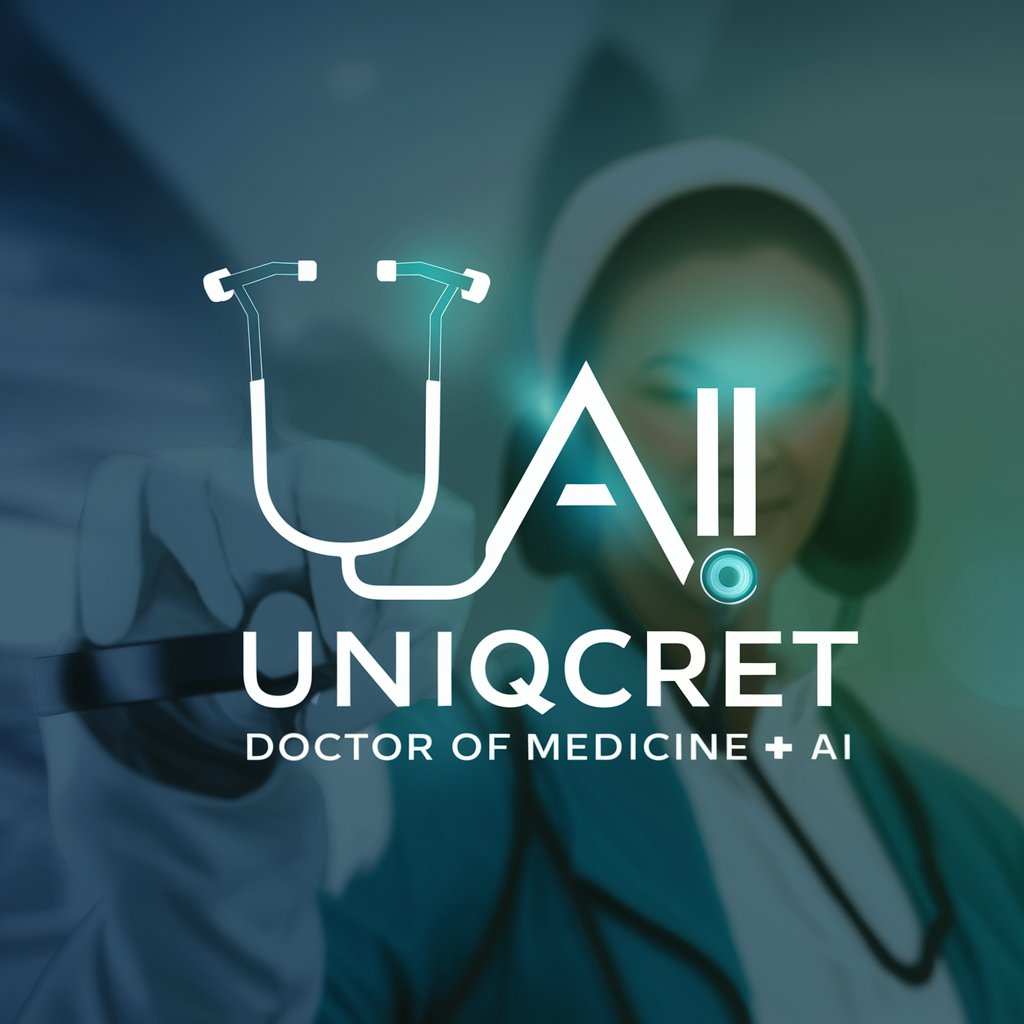
MediTox Advisor
AI-Powered Emergency Medicine & Toxicology Advisor
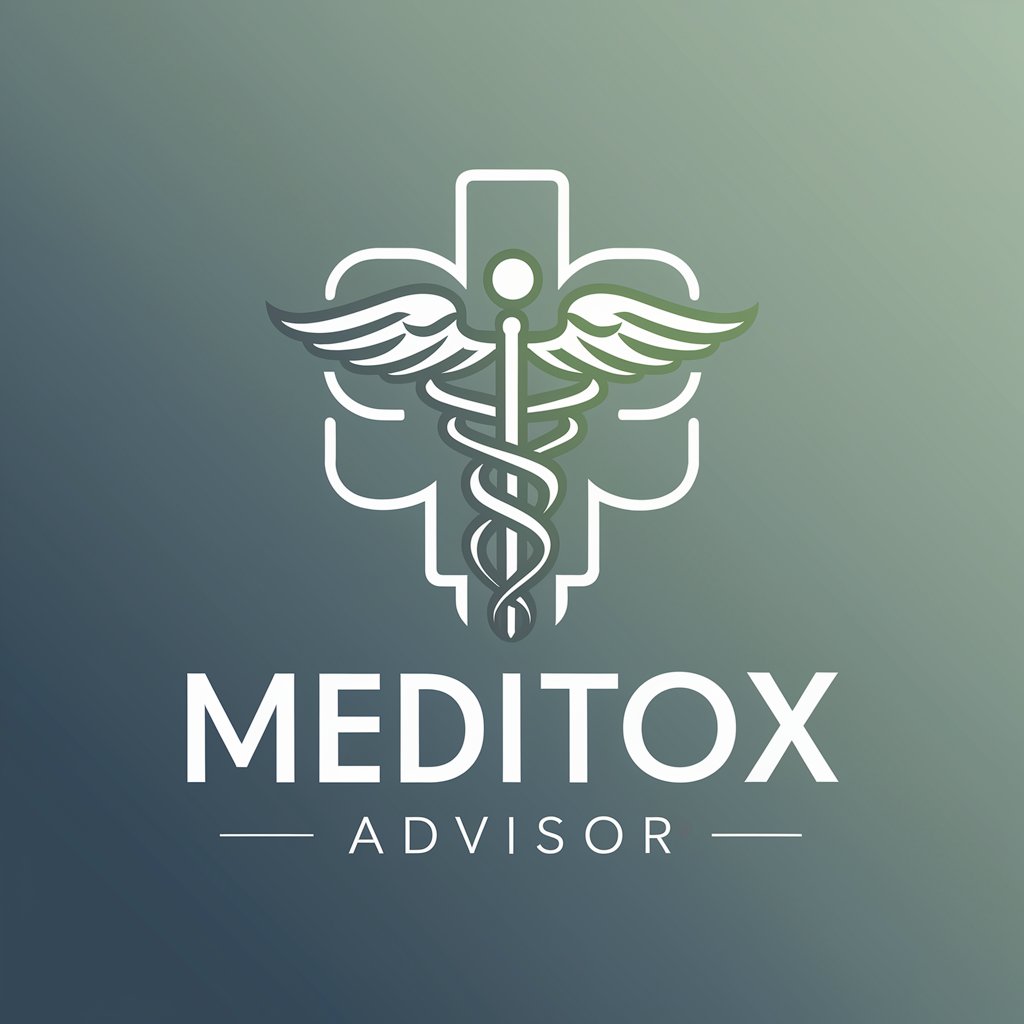
Robomedic
AI-powered emergency medical guidance at your fingertips.
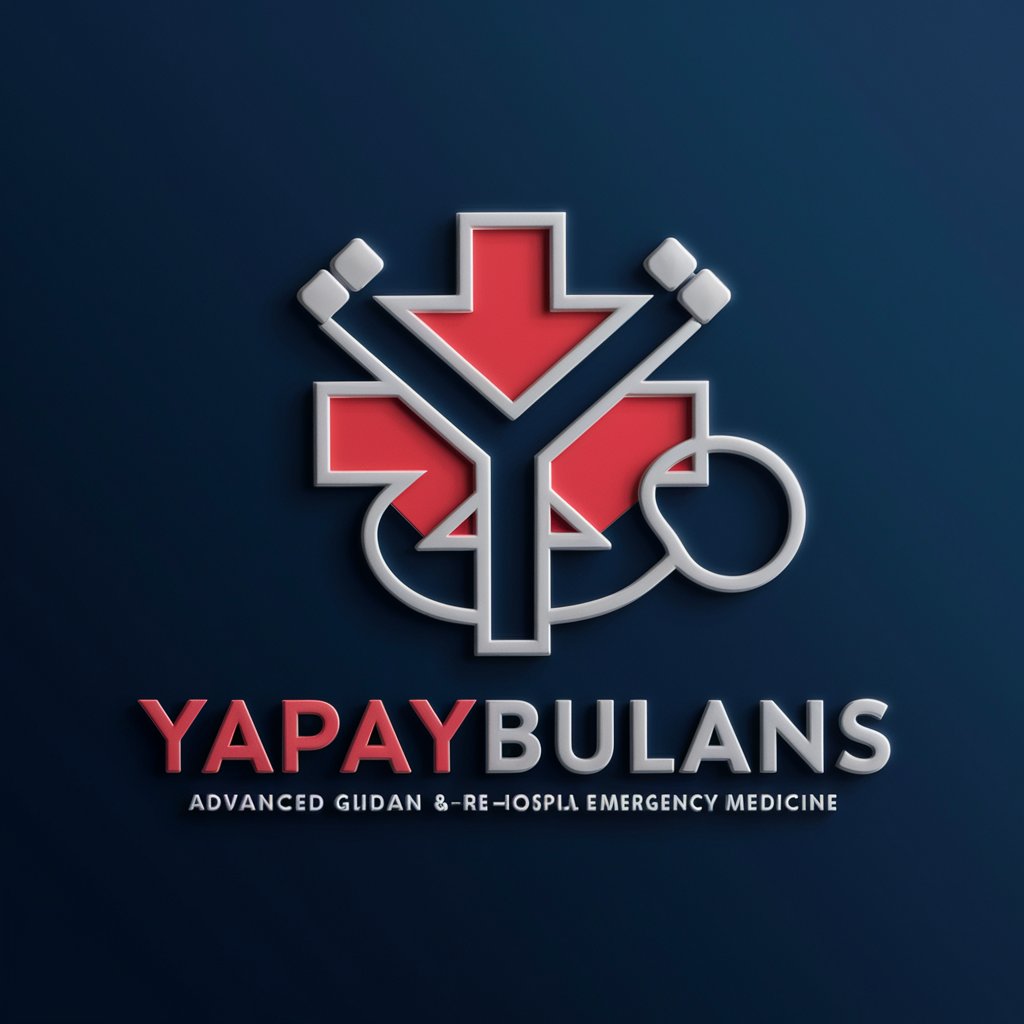
Chart MD
Instant Medical History Summaries, AI-Powered
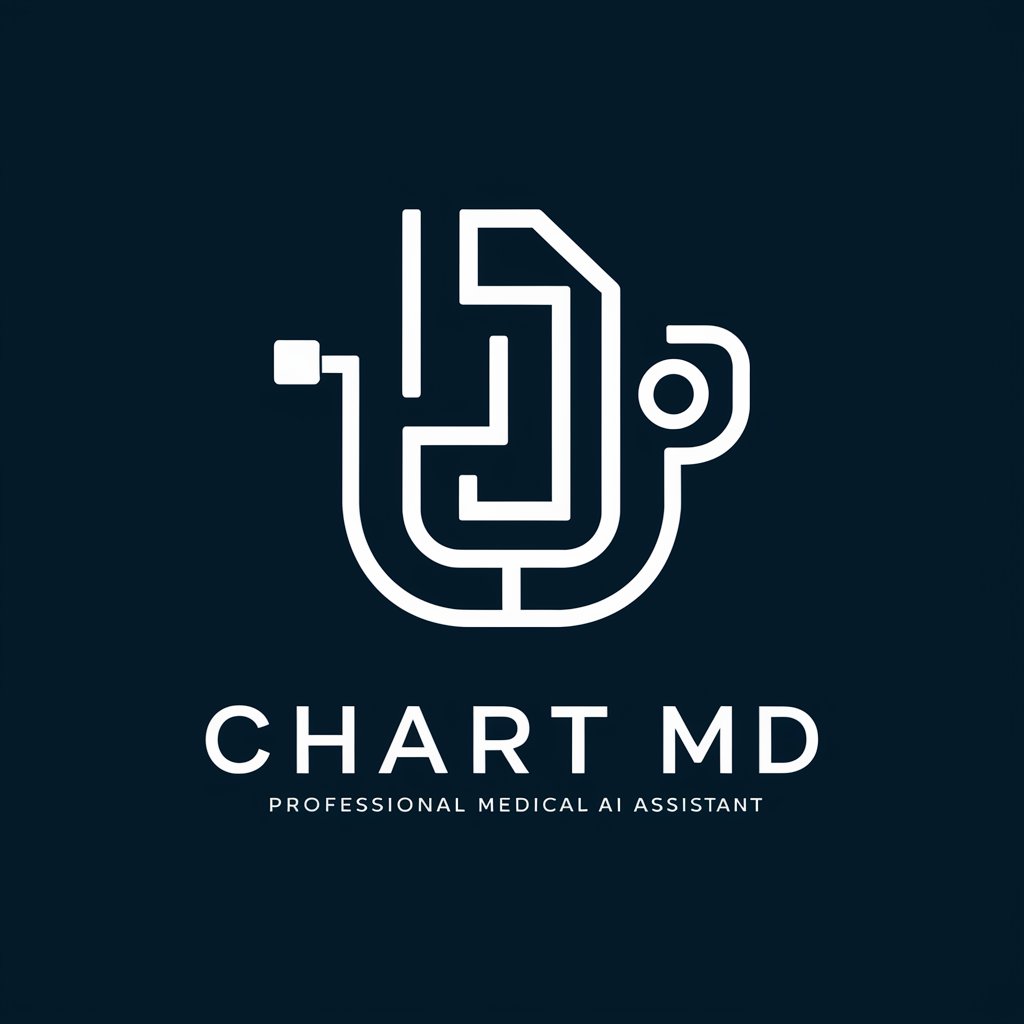
Medic Rush: Comprehensive Game Development
Crafting immersive ER simulations with AI.
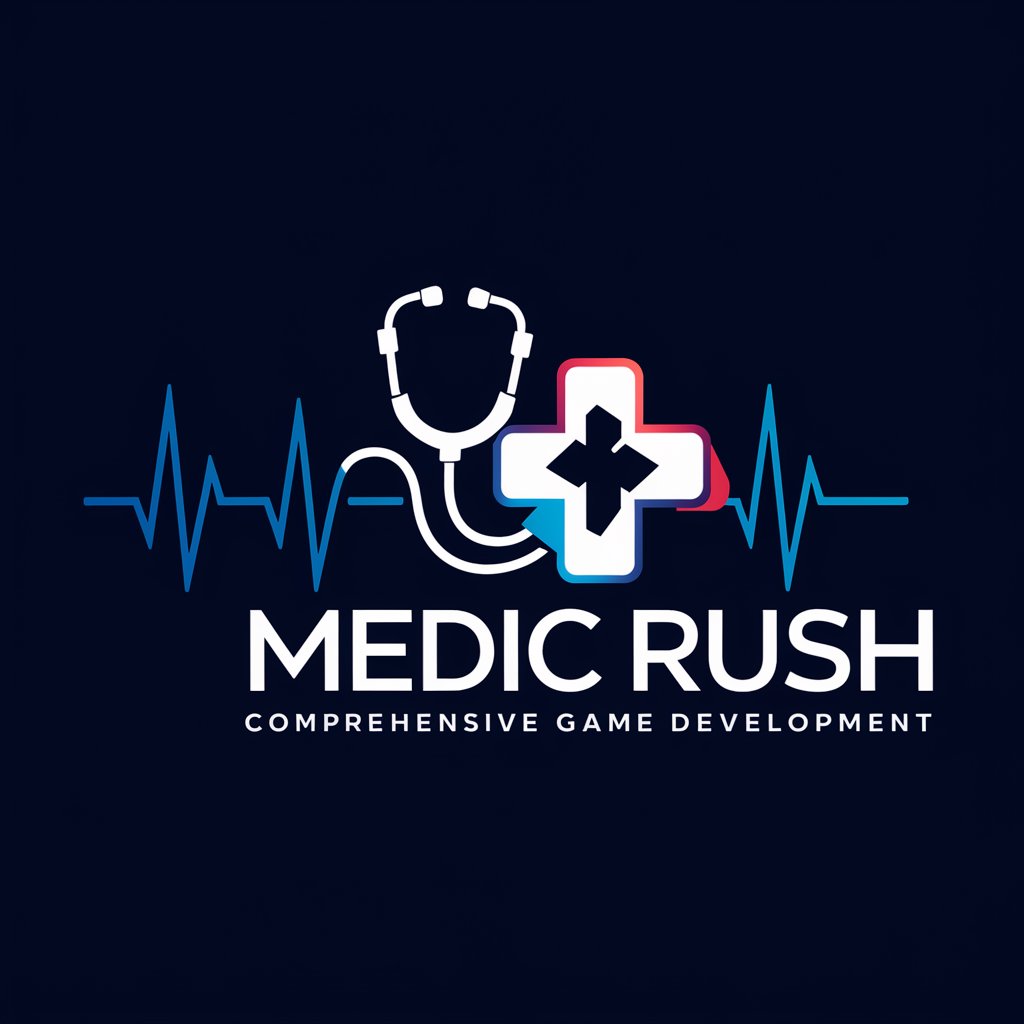
优云康急诊内科机器人
Empowering emergency care with AI
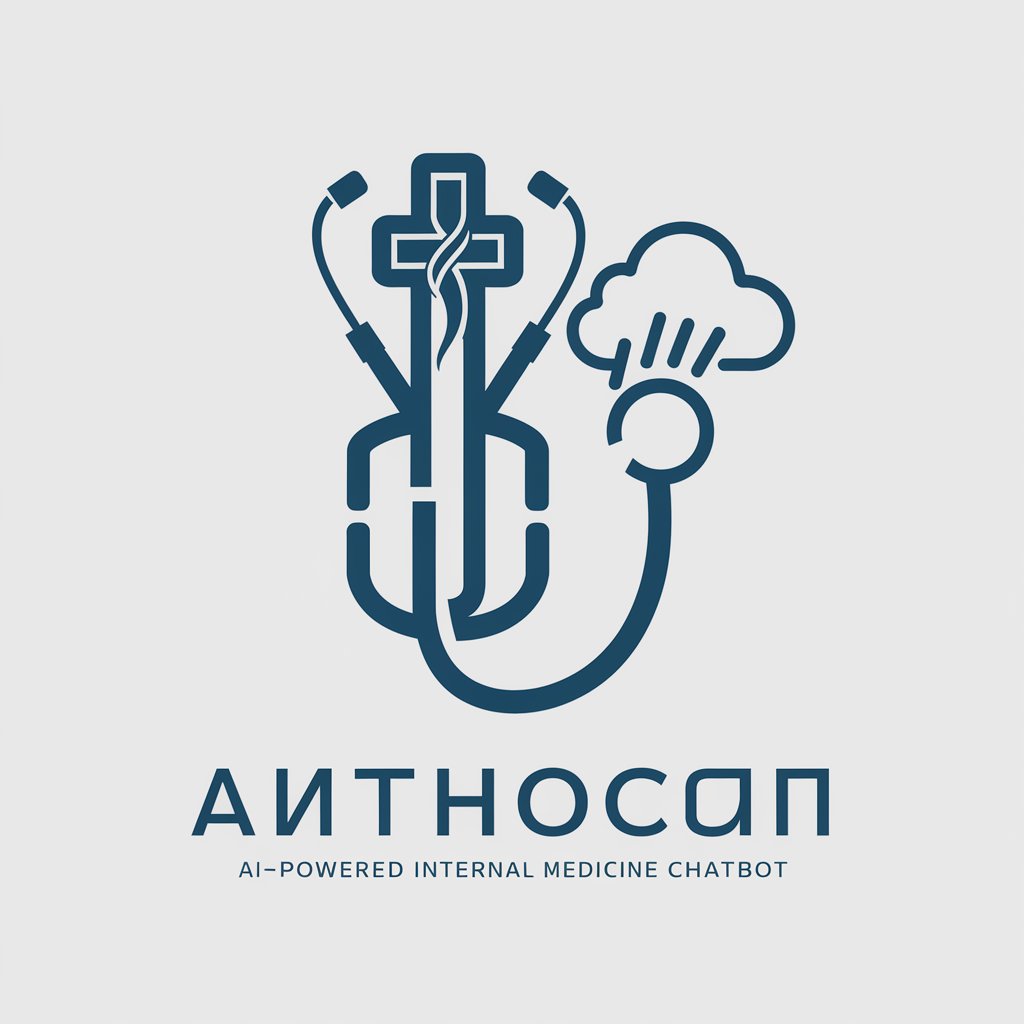
🚑 ER OverWatch Specialist 🩺
Empowering emergency care with AI
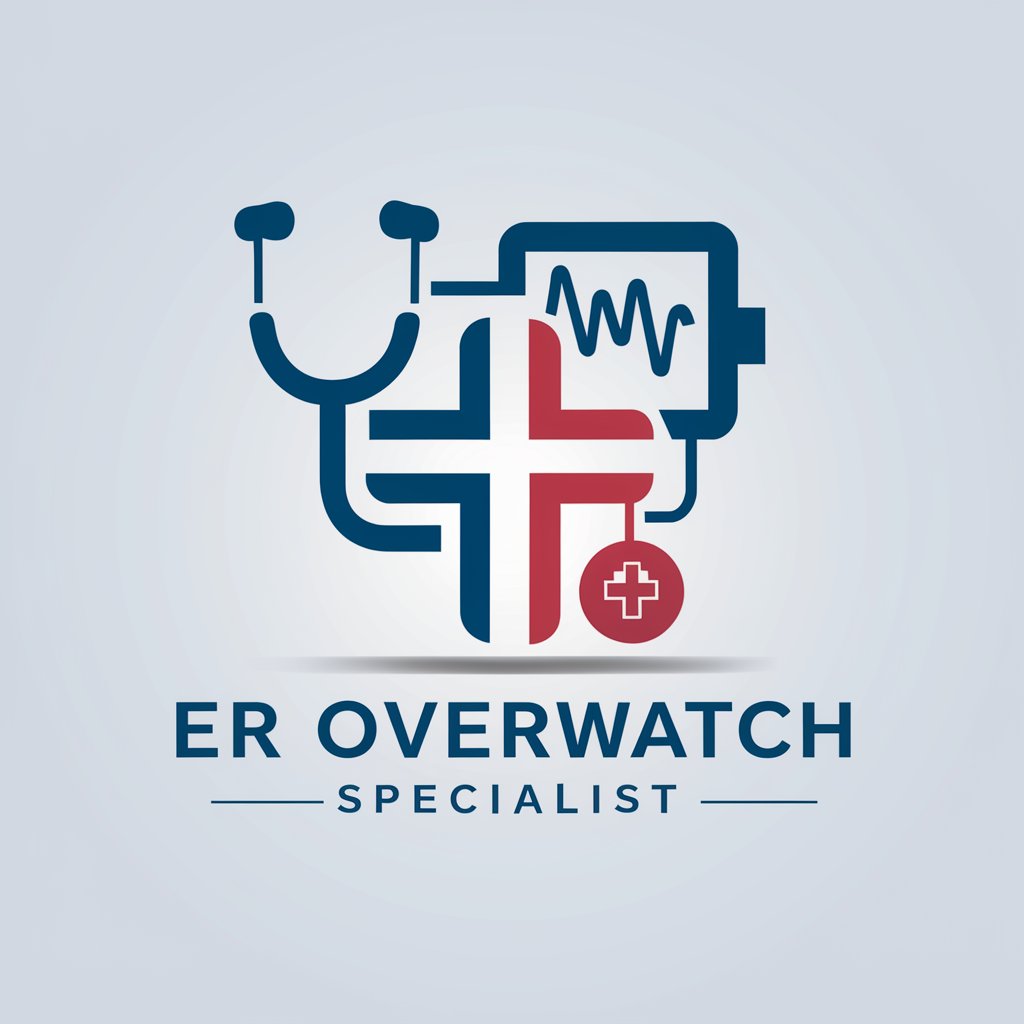
Key Attributes of AI GPTs in Emergency Medicine
AI GPTs for Emergency Medicine boast unique capabilities including adaptability across various medical scenarios, real-time data analysis, and decision support. They are equipped with advanced language understanding to process and interpret medical documentation, patient interactions, and clinical notes. Special features include image recognition for diagnostic imaging, integration with hospital information systems for seamless data access, and custom AI models tailored to specific emergency medicine requirements.
Who Benefits from Emergency Medicine AI GPTs
The primary beneficiaries of AI GPTs in Emergency Medicine include healthcare professionals like emergency doctors, nurses, and paramedics, as well as medical researchers and healthcare IT developers. These tools are designed to be accessible to users without advanced technical skills, offering intuitive interfaces and guidance. For those with coding expertise, they provide extensive customization options to develop bespoke solutions for complex medical challenges.
Try Our other AI GPTs tools for Free
Toxicology Research
Discover how AI GPTs for Toxicology Research are revolutionizing the field by providing advanced tools for data analysis, predictive modeling, and scientific literature interpretation, tailored to enhance chemical safety assessments.
Substance Exposure
Discover how AI GPTs for Substance Exposure provide tailored insights and predictive analytics for managing substance-related issues across healthcare, environmental science, and public safety.
Poisoning Advice
Explore AI GPT tools for Poisoning Advice, offering real-time toxicology insights, emergency guidance, and interactive learning for professionals and individuals.
Storage Configuration
Discover how AI GPTs revolutionize storage configuration, offering automated solutions, personalized recommendations, and predictive insights for optimal storage management.
Coaching Reflection
Discover AI GPTs for Coaching Reflection: advanced AI tools designed to personalize and enhance your coaching journey through tailored feedback and insights, making sophisticated coaching accessible to all.
Pipeline Maintenance
Discover how AI GPTs for Pipeline Maintenance transform the efficiency and safety of pipeline systems with advanced AI solutions. Tailored for both novices and experts.
Expanded Perspectives on AI GPTs in Emergency Care
AI GPTs in Emergency Medicine represent a significant advancement in healthcare technology, offering potential to drastically improve patient outcomes and operational efficiency. Their ability to adapt to diverse medical scenarios and integrate with existing systems makes them invaluable tools. Moreover, their user-friendly interfaces ensure that they are accessible to healthcare professionals at all levels, further democratizing advanced medical technology.
Frequently Asked Questions
What exactly are AI GPTs for Emergency Medicine?
AI GPTs for Emergency Medicine are specialized AI models that support healthcare professionals by offering tailored insights and solutions for emergency care scenarios, utilizing the latest in machine learning and natural language processing technologies.
How do these tools integrate into existing medical workflows?
They are designed for easy integration with existing hospital information systems and electronic health records (EHRs), facilitating seamless access to patient data and enhancing the decision-making process.
Can non-technical staff in emergency departments use these AI GPTs effectively?
Yes, these tools are developed with user-friendly interfaces that require minimal to no technical skills, making them accessible to all healthcare professionals in emergency settings.
What kinds of tasks can AI GPTs for Emergency Medicine perform?
These tools can assist with diagnostic support, treatment recommendations, patient triage, and management, as well as providing real-time access to medical literature and patient data analysis.
Are there customization options for different emergency medicine needs?
Absolutely, developers and technical users can tailor these AI GPTs to meet specific requirements of their emergency departments, including custom integrations and specialized model training.
How do AI GPTs ensure the privacy and security of patient data?
They adhere to strict data protection regulations and employ advanced security measures to ensure patient data confidentiality and integrity, including encryption and access controls.
Can AI GPTs for Emergency Medicine predict patient outcomes?
Yes, by analyzing historical and real-time patient data, these tools can provide predictive insights into patient outcomes, helping healthcare professionals make informed decisions.
What is the future of AI GPTs in emergency medicine?
The future includes further integration with telemedicine, enhanced predictive analytics for patient outcomes, and real-time decision support systems to improve emergency care efficiency and effectiveness.